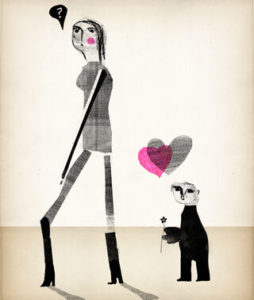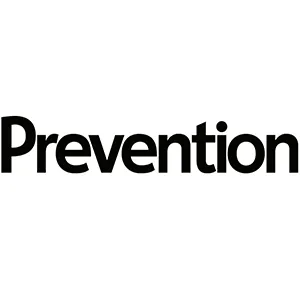Conquer Anxiety & Depression
Strategies for Overcoming Anxiety, Stress & Panic Attacks
Anxiety Related to a Breakup, Divorce … or Anything Else
State of Anxiety is the first and only website and book series (in production) designed to placate stress and anxiety by chronicling the lesser-known comical manifestations of anxiety, and then enveloping you in a cozy smattering of the most unique advice and tactics available. And, it does all this without drugs or booze, so you can savor the healing properties at work or while operating heavy machinery – like a wet screed. I don’t know what a wet screed is. But, I’d like to say I could operate one while anxious. Or, in general.
What this site, the accompanying blog posts, and book titles will provide you are insight, perspective, and the targeted professional counsel you need to overcome your loss like a boss. Remember: This isn’t the recycled self-help genre you see littering bookstore shelves. This is awe-inspiring, spot-on, recognizable, and actionable relief that you need now. No workbooks. No pills. No more needless suffering. No kidding.
Recent Articles

“Manxiety”: The Lesser-Known Anxiety Gender. “Man-upping” is not and never will be a coping strategy. Here’s what is.
Despite driving a pickup and owning steel-toed boots, I’m not a “man’s man.” I don’t look or sound tough, and I feel awkward at Home Depot. I own a gun, but it’s for caulking showers. My life is a dic... ...more
Main
February 13, 2026•7 min read

What “Relationship OCD” Looks Like … and 6 steps to better manage it.
The power of the human mind is wonderful and boggling—except when it turns on you, peppering your psyche with staccato queries about your relationship. ...more
Main
February 13, 2026•6 min read

14 Ways to Heal After a Rough Breakup (#4: Resist the urge for sex with the ex)
Why do breakups have to hurt so badly? If we all ran amok and naked—cuddled with those we liked with no consequences, like an episode of Bachelor in Paradise—the world would spin off its axis. There m... ...more
Main
February 13, 2026•8 min read

Making Friends as a Man Is Hard. 5 ways to build your pack and live longer.
I used to be the life of the party and hoarded friends like wine corks. I don’t know when or why I acquiesced on solitude, but today I prefer plants and my own company over others. And it was long bef... ...more
Main
January 02, 2023•6 min read

The Real Reason for Travel Anxiety. 10 Anxiety Hacks to Lower Your Travel Stress.
The airport is an unruly place. It’s opposite world. People who otherwise rarely move are seen sprinting to Cinnabon. High fashion is Birkenstocks and yoga pants. Happy hour starts at 7:00 am. Steppin... ...more
Main
January 01, 2023•6 min read

Psych Medication Induced Sexual Dysfunction
It’s the ultimate insult to mental illness injury. Toby Keith once said, “I’m not as good as I once was, but I’m good once as I ever was.” It’s also pillow talk for many people on psych meds. Treatmen... ...more
Main
January 01, 2023•4 min read























